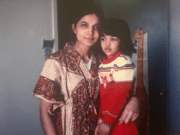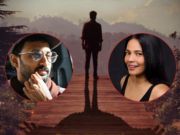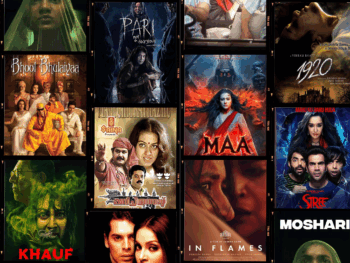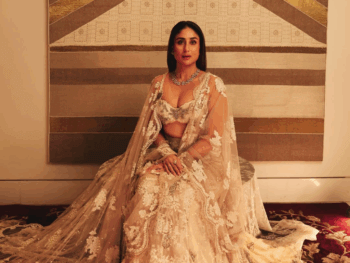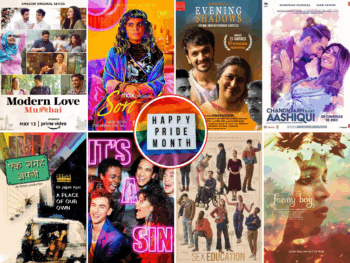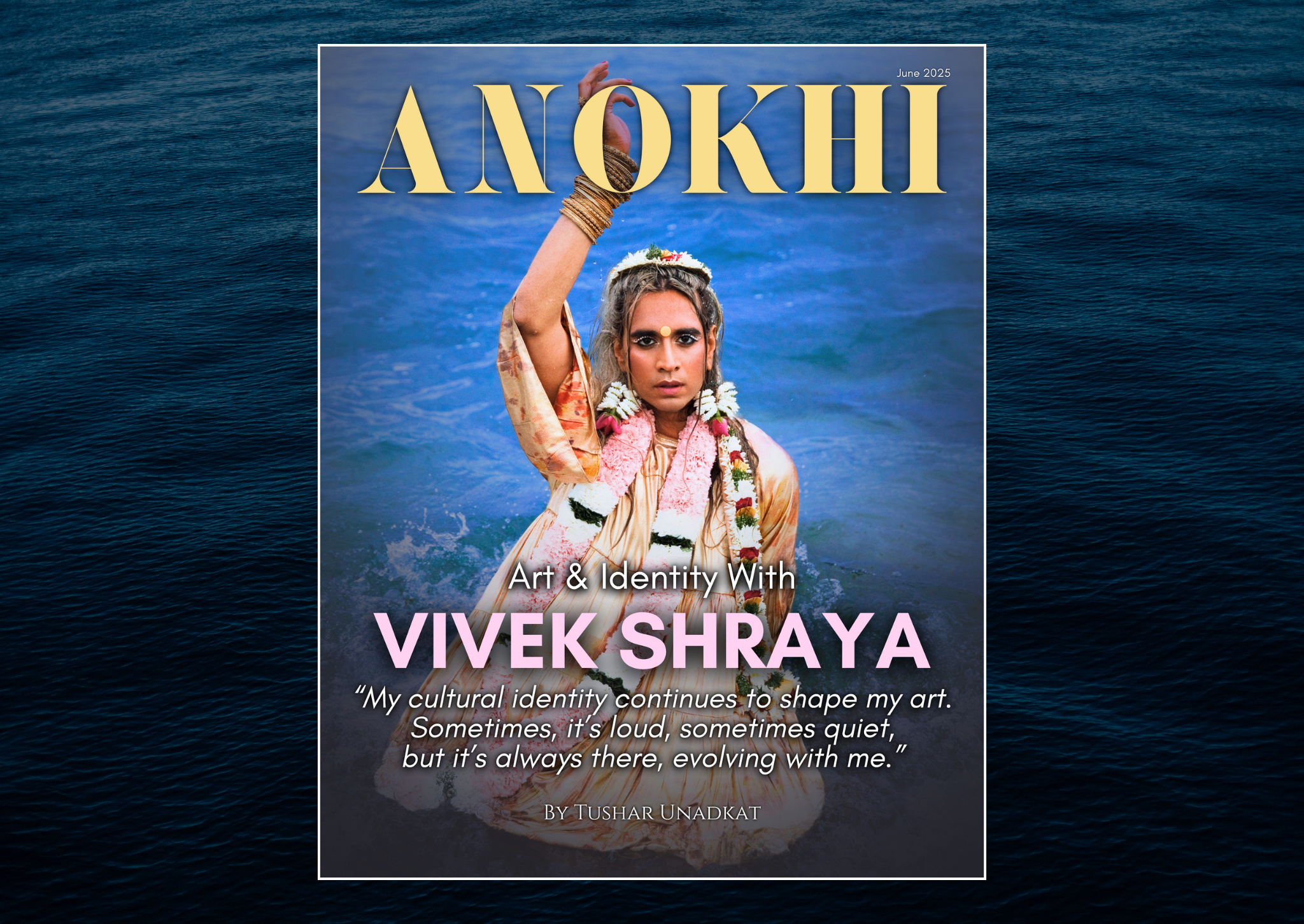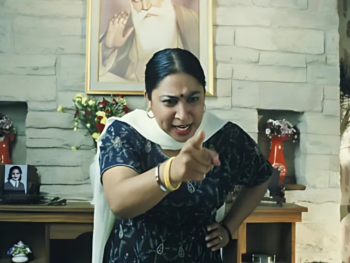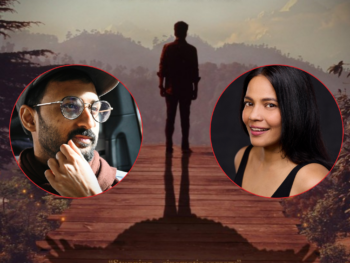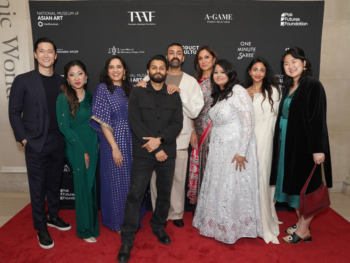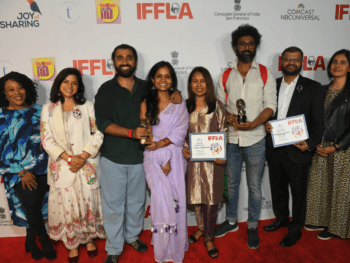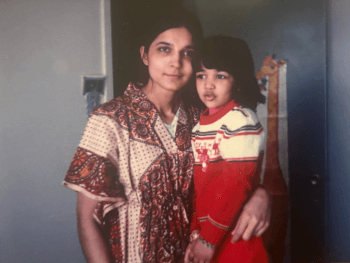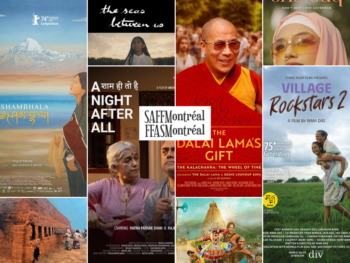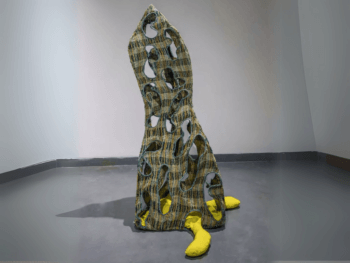
The Director of Banned Drama Unfreedom Explains Why Hope Had No Place in His Film and Why He’s Happy to Divide Audiences
Director Raj Amit Kumar’s Unfreedom debuted in select North American theatres in late May. The politically charged drama weaves the thematically linked tales of a young lesbian who goes on the run with her American lover in New Delhi, and a Muslim extremist who arrives in New York to make an example of a prominent Indian intellectual. Both are exceedingly dark, graphic depictions of the mental and physical anguish visited upon innocent characters by oppressors acting in the name of family honour and religion. Unfreedom has already made waves for being banned in India, which is just one of the subjects I touched on with Kumar when we chatted prior to its release.
Matt Currie: Where did the idea for this film come from?
Raj Amit Kumar: I wanted to make a movie on identity and violence. I grew up in India seeing a lot of violence. And I definitely wanted to address that in the film. We see a lot of violence in the contemporary world in the name of identity. And I wanted to address the question of where does it come from. So I picked two different identities in two different geographies, two different political scenarios and created parallel [stories] and parallel characters to reach a third, broader philosophical concept. If I would have picked one, I guess the film would have become about either Muslim issues or homosexual issues, but that’s not what I wanted to [do].
MC: Much has been made of your film’s brutality. In your mind, was it necessary to depict the violence so graphically in order to tell the story you wanted to tell?
RAK: Cinema is not about telling a story and giving out a message. Cinema is about creating a certain kind of an experience. And I don’t understand or see cinema any other way than try to make an audience feel what you’re trying to attempt to address in your film. Obviously, the same story and the same concept, you can tell with different dimensions and different sound and all that, but it wouldn’t be then that kind of impact that I was looking for. So I had no reason to shy away from the graphic nature.

MC: Unfreedom is a very bleak film. In your mind, is there any hope nestled in there amidst the darkness?
RAK: To me, giving hope in a film is a lie . . . I think you show that world the way you see it. You show the world in its whole brutality and its nakedness. And then hope that people who are watching the film take that experience back home and do something with it, make it part of their lives and then try to bring any kind of change if possible; that’s the hope.
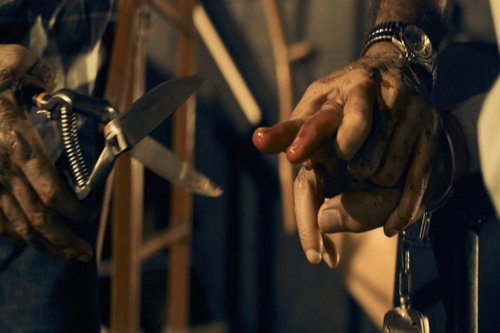
MC: Much has been made of the fact that Unfreedom was banned in India. What does that mean to you?
RAK: Censorship is wrong. How can you tell people what to make? And how can you tell the people of India what they should see or not see? So what it means is that we are becoming more and more regressive as a society. Secondly, there’s huge financial implications . . . and I guess that’s the purpose of censorship, isn’t it? Investors will think five times before supporting something like [this]. So it’s a victory for [those who are censoring] if they are able to achieve that. In that way, they are no different from Taliban or Al Qaeda or ISIS.
MC: What’s been the early audience reaction from this film?
RAK: Either people just hate it or people just completely, passionately fall in love with it. So I’ve seen both reactions and I’m OK with that. I think that’s a successful film.

MC: Is it the intensity of the violence and the sexual violence that’s causing some to react negatively?
RAK: People see sex and violence too much in every film. I mean, give me a break, Hollywood is an expert in giving you stylized sex and violence in films . . . The problem is when you take sex and violence and mix it with politics and religion, then people are not able to digest it. And the only way for them to shut it off is to try and comment that this is superficial . . . because they somehow just want to get away from everything that is being discussed. I think that is an easy way out.
Images Courtesy of Dark Frames
Matthew Currie
Author
A long-standing entertainment journalist, Currie is a graduate of the Professional Writing program at Toronto’s York University. He has spent the past number of years working as a freelancer for ANOKHI and for diverse publications such as Sharp, TV Week, CAA’s Westworld and BC Business. Currie ...



















